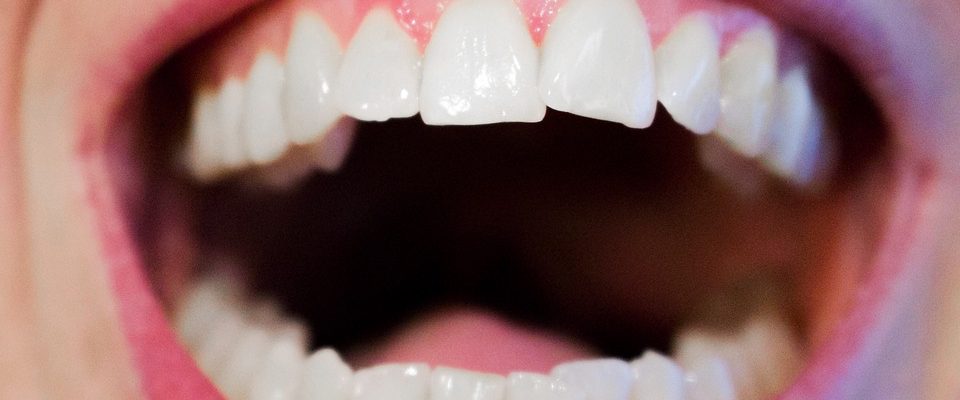
Ultrasonic Denture Cleaners: How Do They Work & Why Use One?
Your dentures might not rot like natural teeth, but they can still serve as a haven for bacteria and plaque. As such, they need to be cleaned regularly and placed in a cleaning agent as you sleep at night. Remember, any bacteria or plaque allowed to thrive within the mouth can lead to further oral health problems, and denture plates can actually be more at risk than natural tissue since they are not part of your immune system.
It used to be that cleaning your dentures was done with only a toothbrush, and that’s still what you should do on an everyday basis. However, you might also like to think about investing in an ultrasonic cleaner.
What is an Ultrasonic Denture Cleaner?
Essentially, an ultrasonic cleaner is a small bath that uses a high-frequency transducer to vibrate the liquid at ultrasonic speeds. Tiny bubbles form through ultrasonic agitation, then create small but powerful shockwaves that loosen and remove debris and microorganisms from your dentures. When your dentures come out, they return to your mouth as clean as could be.
Why Should You Use an Ultrasonic Cleaner?
It used to be that ultrasonic cleaners were incredibly expensive, so only dentists could afford them. Nowadays, prices have dropped enough to make buying an ultrasonic cleaner of your own perfectly feasible.
You should never use an ultrasonic cleaner in place of a toothbrush – manual brushing is great at removing surface-level bacteria. However, ultrasonic cleaners are better cleaners at the microscopic level. At that microscopic level, your denture plates are scratched and porous, so debris, bacteria, and other microorganisms can form in places where brushes cannot reach. An ultrasonic cleaner can remove unwanted compounds from those areas, so they offer fantastic complementary cleaning.
The upshot is that bacteria will find it very hard to multiply and spread across the porous sections of your dentures, which reduces the risk of suffering several further oral health problems. One of the first things you’ll notice is a freshening of your breath – the presence of bacteria can produce halitosis.

